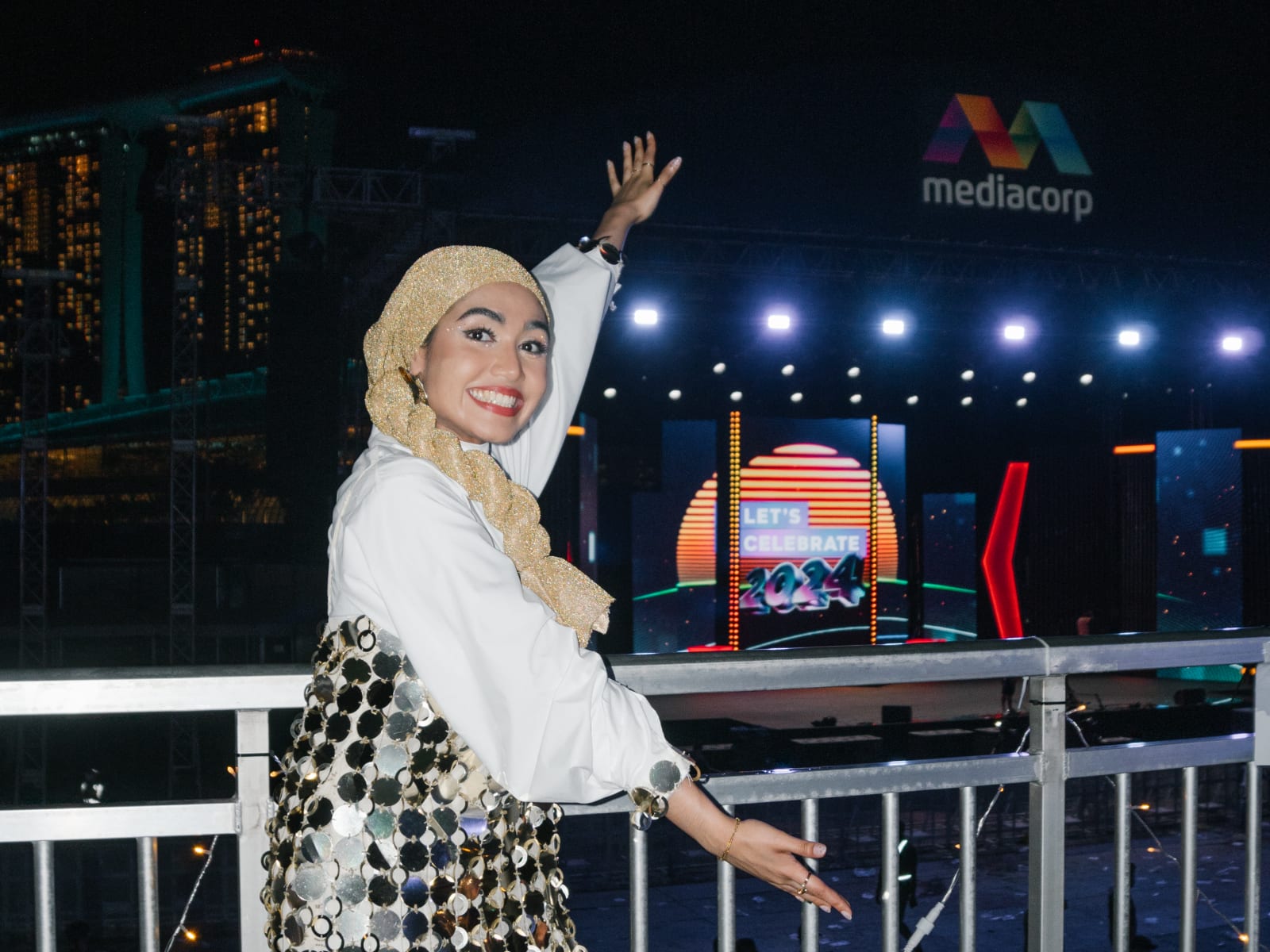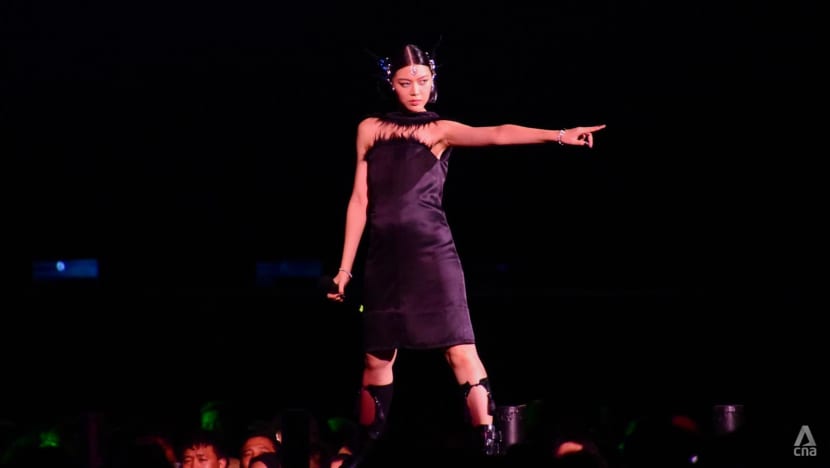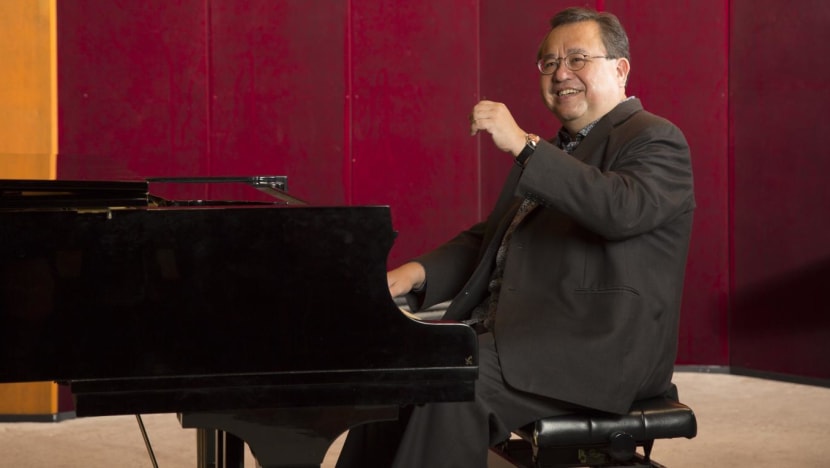As global acts sell out Singapore gigs, homegrown artistes call for more support to help local music scene flourish
Homegrown musicians have featured in some concerts as international stars stop by Singapore in recent months, such as performing as opening acts.


This audio is generated by an AI tool.
SINGAPORE: Singapore's music fraternity is calling for more support to help local musicians flourish, including getting more air time on radio and organising more community events that showcase homegrown talents.
This comes as the country continues to draw international stars to its shores.
British rock band Coldplay filled the National Stadium for six nights in January, while British singer Ed Sheeran performed two shows in February.
American megastar Taylor Swift is currently in the middle of the six-night Singapore leg of her worldwide The Eras Tour, while Grammy Award-winning singer Bruno Mars will also be serenading Singapore fans next month.
Homegrown musicians have featured in some of these concerts.
Local singers Jasmine Sokko and Sandra Riley Tang, who goes by the stage name Rriley, were the opening acts for Coldplay, while singer-songwriter JJ Lin joined Ed Sheeran on stage.
MORE COLLABORATION OPPORTUNITIES
Among the local artistes seeking greater exposure is 23-year-old singer-songwriter Shareefa Aminah, better known as Shazza.
A video of her duet with Canadian pop duo Crash Adams in January went viral on social media, garnering over 20 million views on TikTok alone.
It featured her singing a freestyle verse for their latest single Good Side, which they premiered at Mediacorp’s Let’s Celebrate 2024 at The Promontory at Marina Bay on Dec 31 last year.
For musicians like her, every little bit of exposure helps, so she plays gigs at every opportunity.
Ms Shareefa was also awarded the National Arts Council’s Presentation and Participation Grant to help her realise her dreams, receiving funding support for two of her album releases since 2022.

"We are on our way to a better landscape for local music, but we're not there yet,” Ms Shareefa told CNA.
She said that Singaporeans could find ways to be more actively involved in the arts scene, and even contribute by “just being there”.
“It means a lot to local artistes to have our own people support us. It will be fantastic to have more avenues for us to collaborate as artistes,” she added.
Ms Shareefa also said that local musicians need to look beyond Singapore for opportunities in developing their careers.
“Sometimes, I think we feel very closed in by our borders because it seems very difficult to make it beyond our borders,” she said.
She added that local music still faces a stigma in terms of the expected quality of the final products.

In the comments section of some songs she has released online, netizens would express their surprise that it was not by an international artiste, shared Ms Shareefa.
“That's great (and) I'm really glad they liked it. But also, why does it have to be international for it to be good?”
Ms Shareefa said she will continue to put out more music as she works towards her goal of becoming a household name one day.
BUILDING A CULTURE
Local radio stations could also play their part by featuring more local musicians in their playlists, said jazz veteran Jeremy Monteiro, who is dubbed Singapore's very own “King of Swing”.
Mr Monteiro, who earned the Cultural Medallion – the highest national honour an artiste can receive – back in 2002, added that there should be more live music around the island, no matter the genre.
"Let's have more live music, whether it's folk music, classical music, or even guitar guys singing in cafes and pubs. It doesn't even have to be places that sell alcohol,” he said.

“Allow the music to just spread all across the island and immediately we will settle this difficulty of musicians finding gigs because there'll be gigs across the entire island."
Cross Ratio Entertainment director Dean Augustine told CNA that having more opportunities to perform not only provides local artistes jobs but also the chance to improve.
"If we have a culture (where) we are playing all this kind of local music out there, more people know, more Singaporeans are aware (and) that means there is also support when they perform,” he said.
“When there's more performances, that means there's more jobs for these people and they will try to improve their craft and they will get better."
















